Sheila Bravo began her professional life working in the for-profit business sector, but she now serves as the president and CEO of the Delaware Alliance for Nonprofit Advancement (DANA). Bravo brings the skills and knowledge she gained in prior work experience to assist nonprofits in the state of Delaware. “Our job is to help nonprofit boards and leadership to be more effective,” she says of DANA.
“Our job is to help nonprofit boards and leadership to be more effective.” – Sheila Bravo
Initially launching her career in advertising, Bravo transitioned into consumer packaged goods marketing. During this time, she worked as a marketing manager for Campbell’s Soup and as the Director of Global Business Development for Godiva Chocolatier, where she helped lead their international expansion. She then worked as the Vice President of Marketing for World Kitchen, a kitchenware creator and distributor.
Bravo eventually desired to reduce the amount of time she spent traveling for her career. While working for World Kitchen, Bravo could only see her family on the weekends because World Kitchen’s marketing operation was centered in Chicago, but Bravo’s husband and family were in Philadelphia. To alleviate the physical distance between Bravo and her family that her job necessitated, she switched directions and decided to take on the role of a stay-at-home mom. By the end of two months, though, she knew this was not the solution for her, either.
Hoping to find a better balance, Bravo started consulting and teaching at several local colleges in their MBA programs. She began considering a career in the academic field and decided to continue her own education. To complete this goal, she pursued a PhD at the same time her family moved to Delaware.
As Bravo was exploring which PhD discipline, she reflected that many of her clients were struggling with leadership issues. To discover more about this trend, she decided to pivot her PhD studies toward leadership work, focusing on helping smaller organizations and nonprofits.
“I realized that often in nonprofits there are volunteer boards that don’t have actual experience in the organization, but are making major business decisions,” Bravo says. With this realization, she further narrowed her PhD work to focus on nonprofit boards.
“I realized that often in nonprofits there are volunteer boards that don’t have actual experience in the organization, but are making major business decisions.” – Sheila Bravo
“The biggest complaint is that board members are not engaged,” Bravo comments. She applied Social Identity Theory towards the issue of board engagement. This theory proposes that if an individual identifies strongly with a group (profession, gender, community, etc.), his or her behaviors are influenced by that group norm. Bravo looked at the range of people’s levels of identification. She found that a person’s degree of identification with the nonprofit board or the nonprofit did influence board member engagement. She also discovered that some people actually do not identify with being on the board, which cancels out their engagement.
“A board is a team,” Bravo says. “There is a team culture that emerges that determines whether board members feel valued, connected, or engaged.” Now that she serves as the president of DANA, Bravo still works to help nonprofits understand and improve their leadership structures. DANA currently runs a fellowship program on the interactions between nonprofit CEOs and board chairs. The organization is taking in feedback from last year’s program with the goal to make an even bigger impact in the coming year.
“A board is a team…There is a team culture that emerges that determines whether board members feel valued, connected, or engaged.” – Sheila Bravo
DANA also has an upcoming conference on nonprofit sustainability. Because the current generation of nonprofit executives is approaching retirement, many nonprofits are increasingly thinking about sustainability and leadership transitions. DANA works with many small nonprofits, and these organizations need help building leadership capacity and succession planning.
Coming from the for-profit business sector, Bravo realizes that these smaller organizations often have a different focus from the companies for which she previously worked. She has needed to adjust in the way she discusses business strategies and leadership structures. Yet she also believes these nonprofits can have efficient systems that help them to flourish in their missions.
No matter the size of an organization, Bravo seeks to empower its leadership and staff to strive toward mindsets and processes that allow them to reach their goals.
.svg)


.svg)
.svg)
.svg)

.avif)




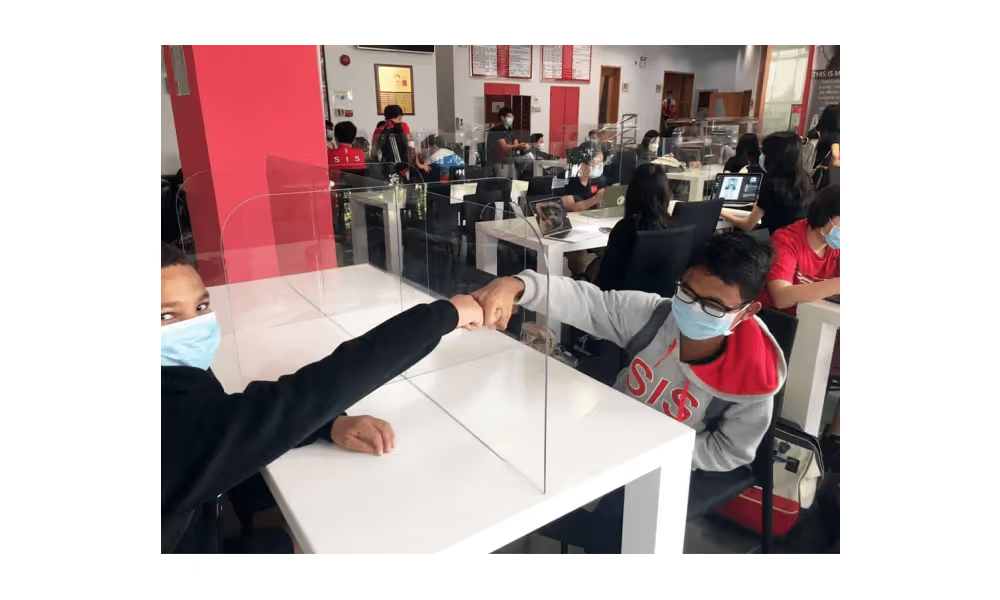





.jpg)























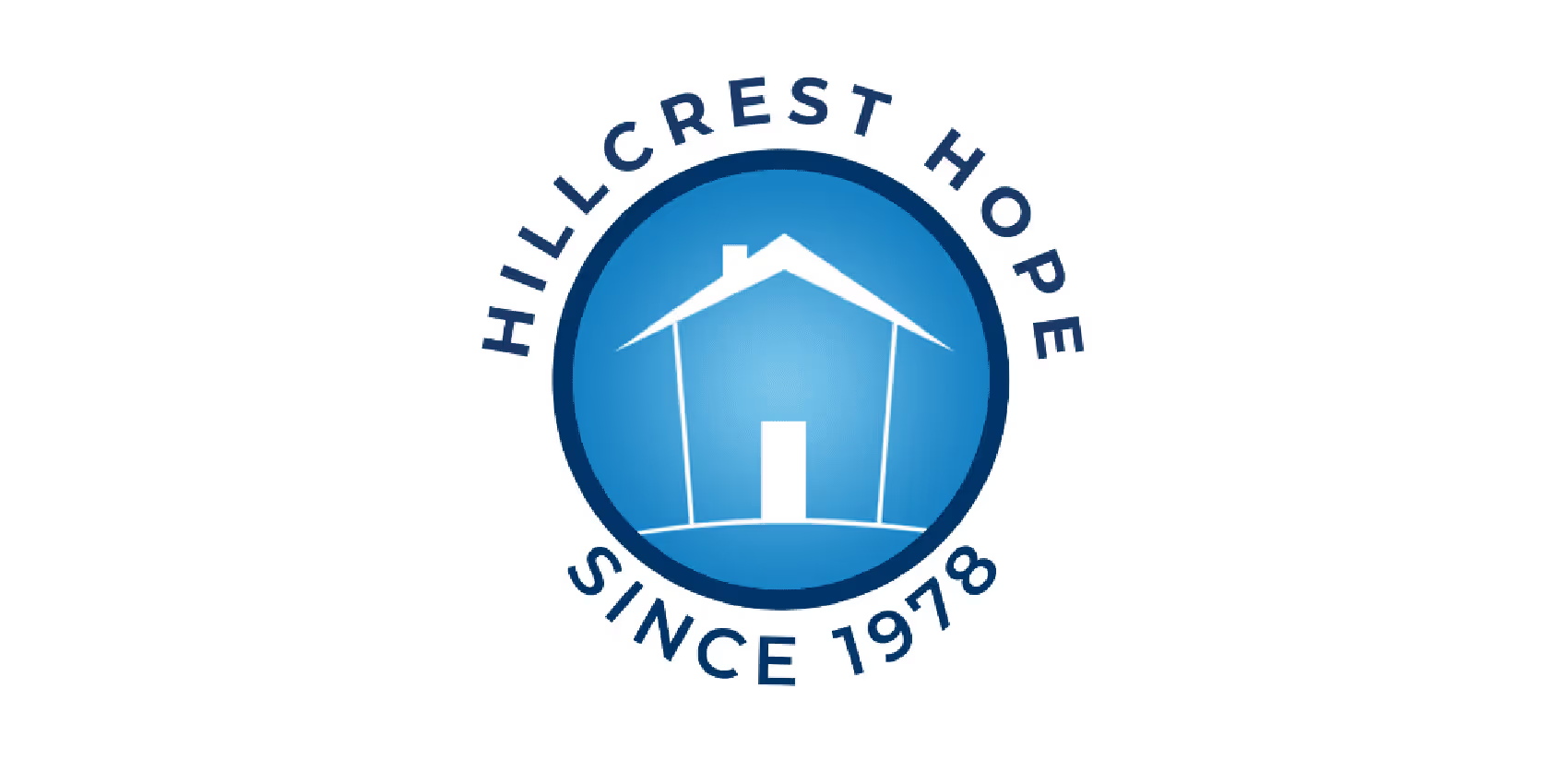
















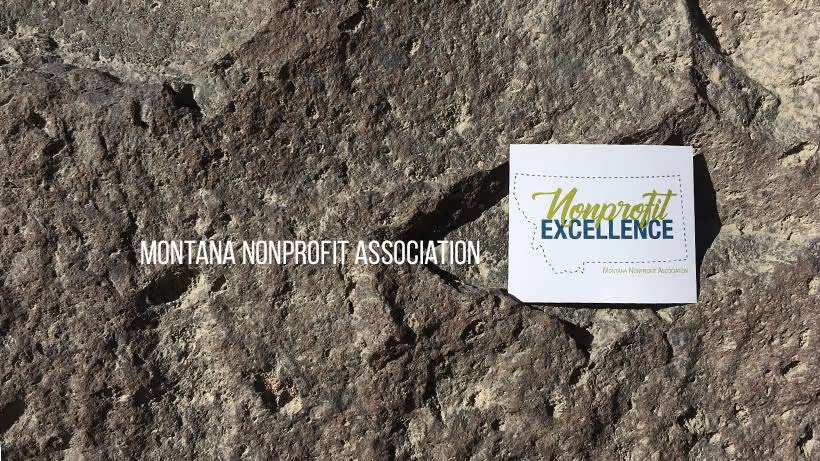


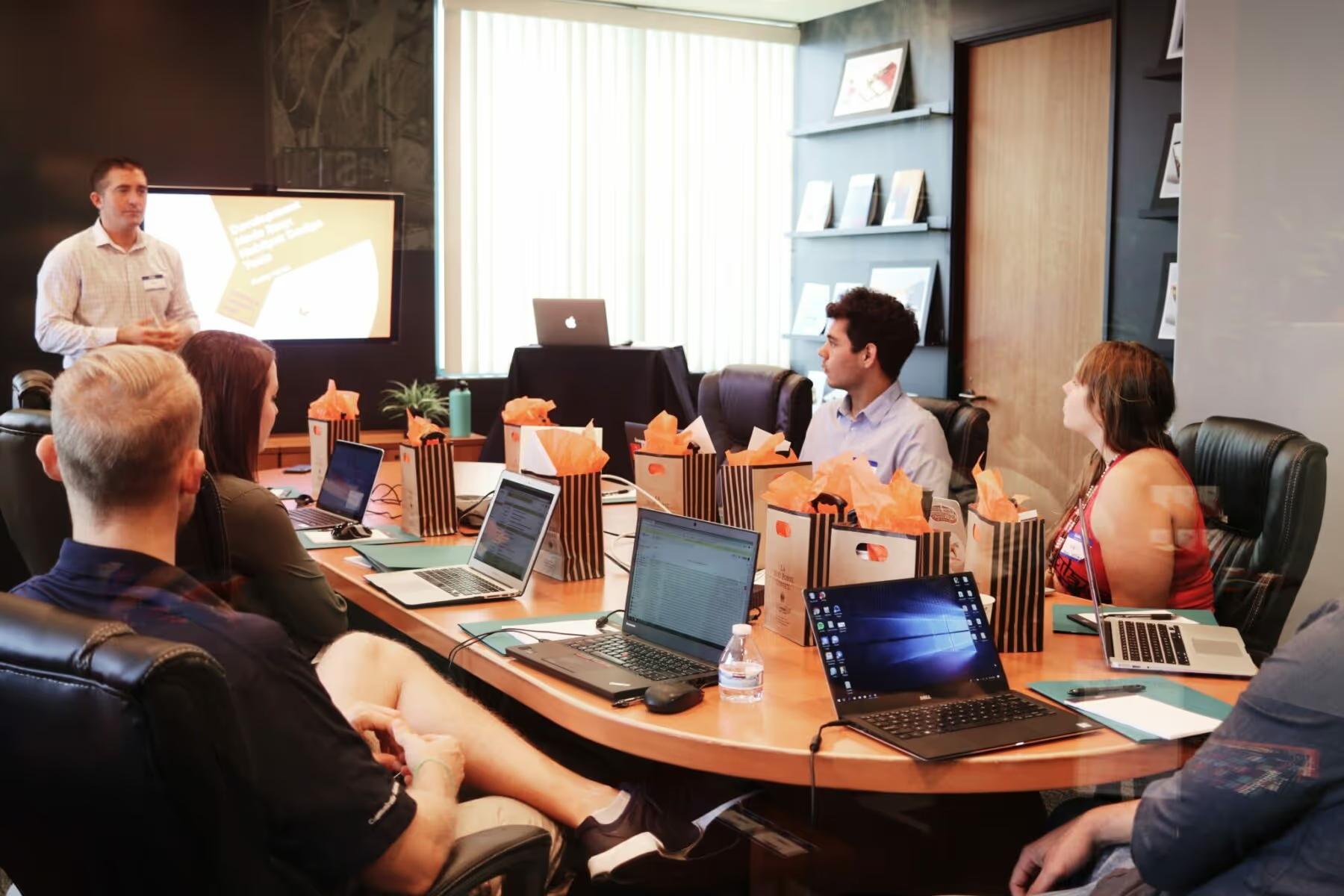

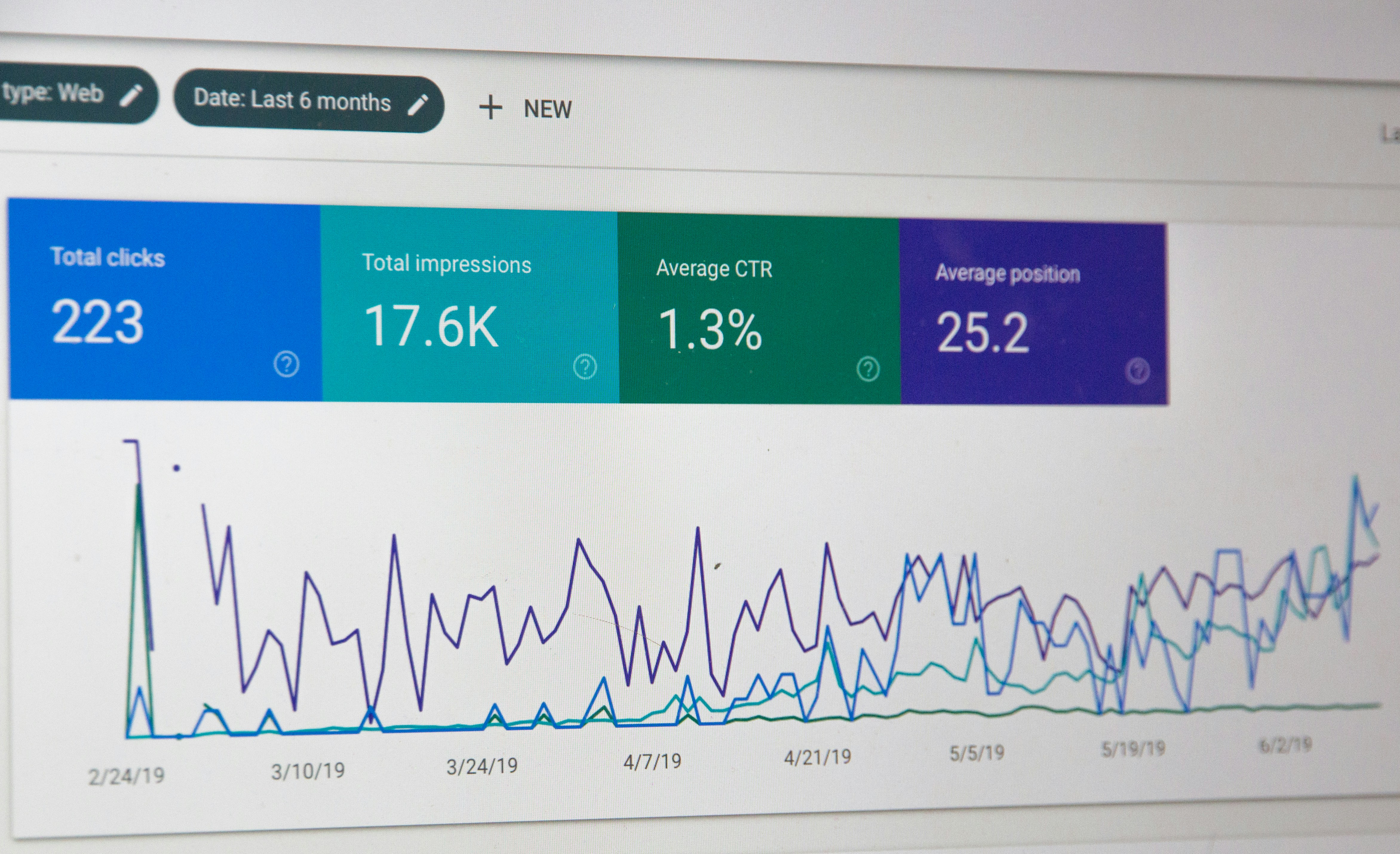





























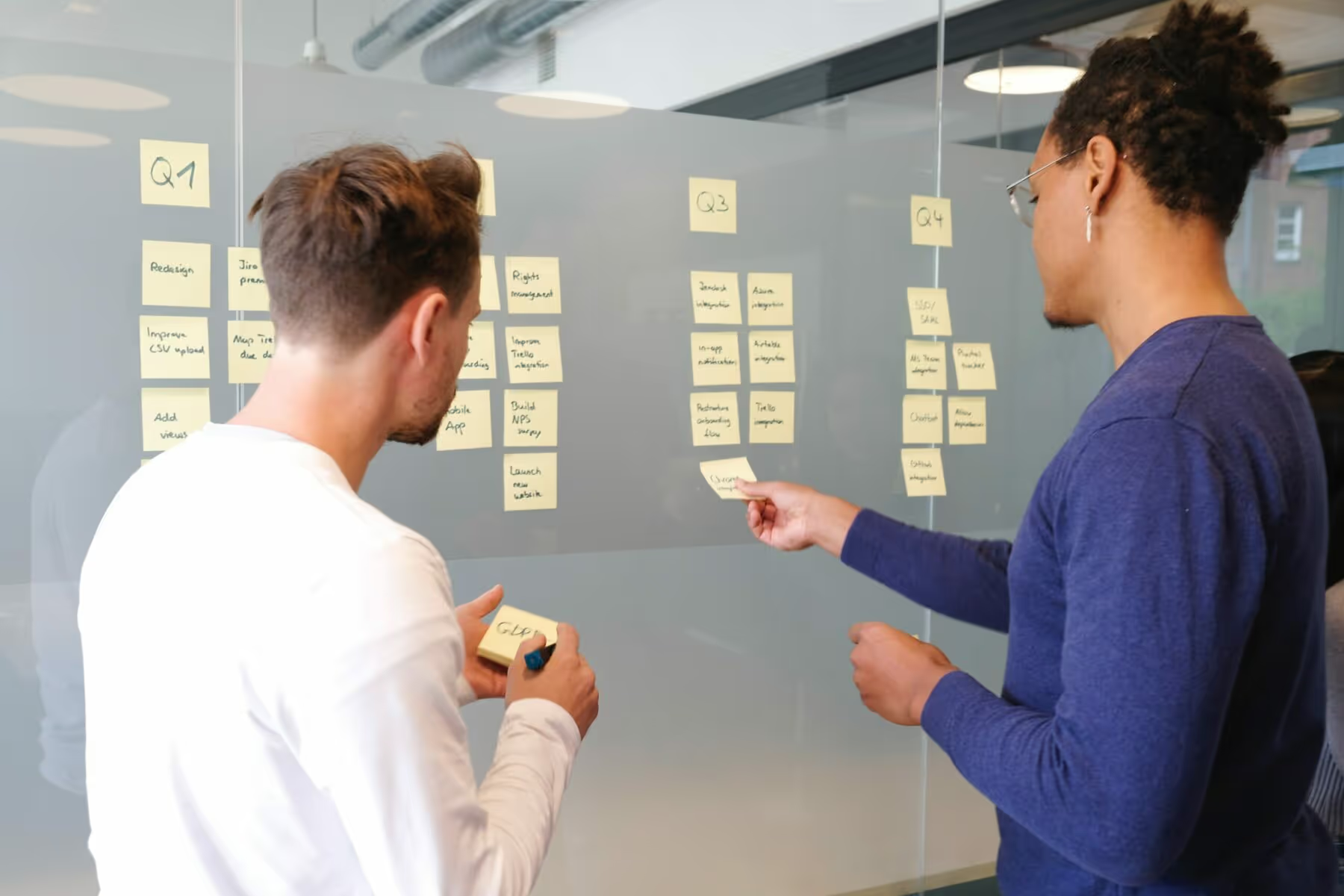
















.svg)
.svg)
.svg)
.svg)